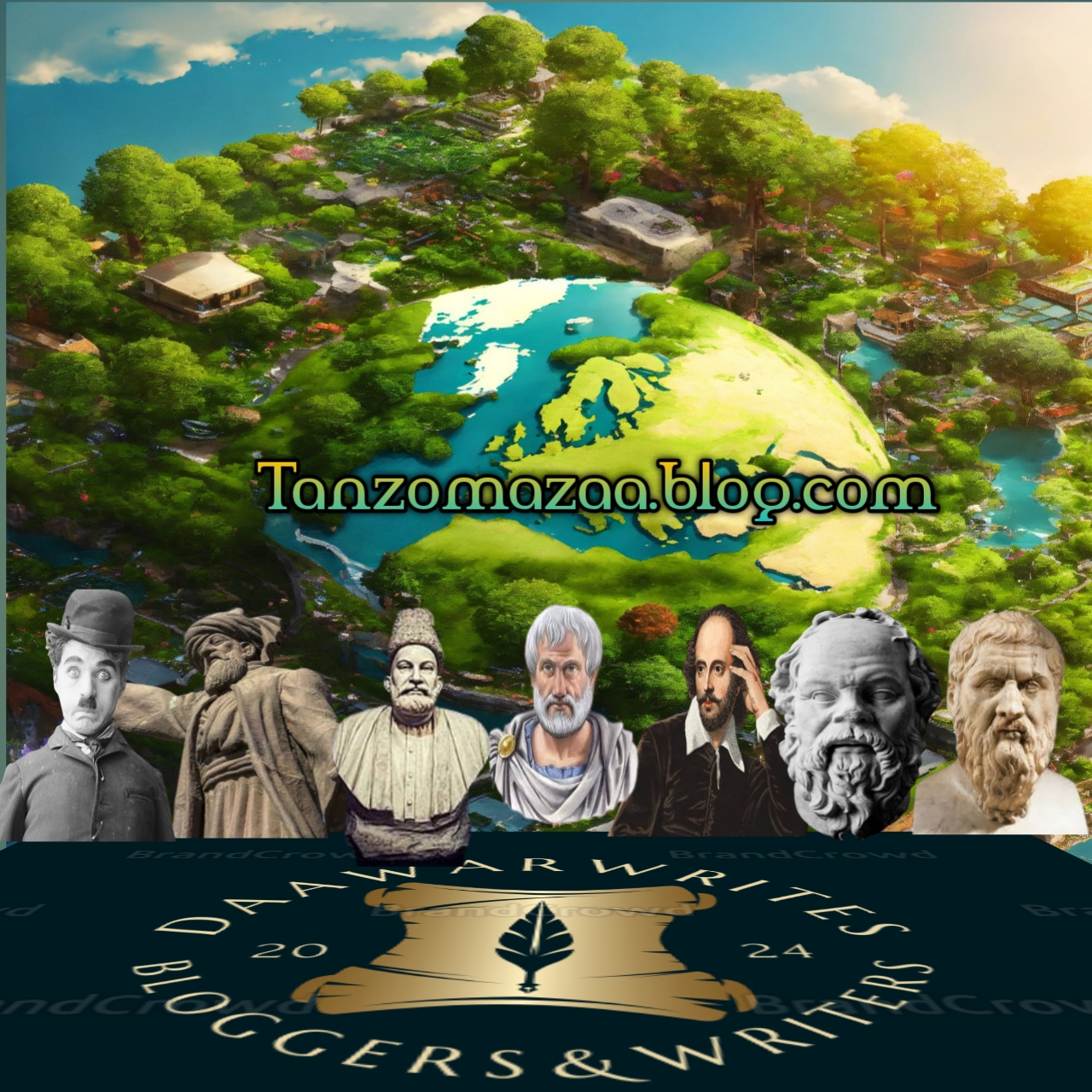The Long History of Aboriginal People
The First Australians have been living here for over 50,000 years. They have many different cultures all across the land. Each group speaks its own language and has unique customs tied to the area they call home. To really understand Aboriginal culture, it's important to learn about its diversity instead of generalizing.
https://highland-8c0d23718c.printify.me/
**Connection to the Land:**
The land, waterways, skies, spirits and family ties - this is what Aboriginal people call "Country." Country is much more than just a place to them. It is alive with ancestral beings and holds deep meaning for their way of life. No matter what Aboriginal people do, from hunting and gathering to art and beliefs, it is shaped by their bond with Country.
**Rich Cultural Traditions:**
The variety of Aboriginal cultures is amazing. Hundreds of languages were once spoken across Australia, shaped by different environments. Just like the land, art also comes in many styles - from rock paintings to dance, song, woven items and tales. These art forms do more than just look good. They help pass history, knowledge and spirituality between generations. The bright colors and patterns in Aboriginal art show how important culture is.
**Facing Hard Times:**
When Europeans started arriving in the 1700s, it caused great suffering for Aboriginal people. They lost access to traditional lands and had children taken away. Cultural practices were banned too. In the face of such difficulties, Aboriginal resilience has been remarkable. They have fought hard to reclaim what was lost - land, language, customs. Their ongoing push for self-rule inspires others facing injustice.
**Aboriginal Life Today:**
Currently, Aboriginal Australians actively shape both their heritage and future. They make contributions in fields like arts, leadership, education and many others. Growing recognition of Aboriginal rights and voices in discussions is helping reconciliation and fairness. However, health, education and job gaps still exist. Closing these is key to equality.
**Moving Forward Together:**
Continuing to learn about and respect Aboriginal Australia is important. By experiencing their art, stories and perspectives, a deeper appreciation develops. Reconciliation is an ongoing process. It requires acknowledging the past, celebrating present successes, and working as partners for an even better future where Aboriginal cultures thrive strongly.






0 Comments